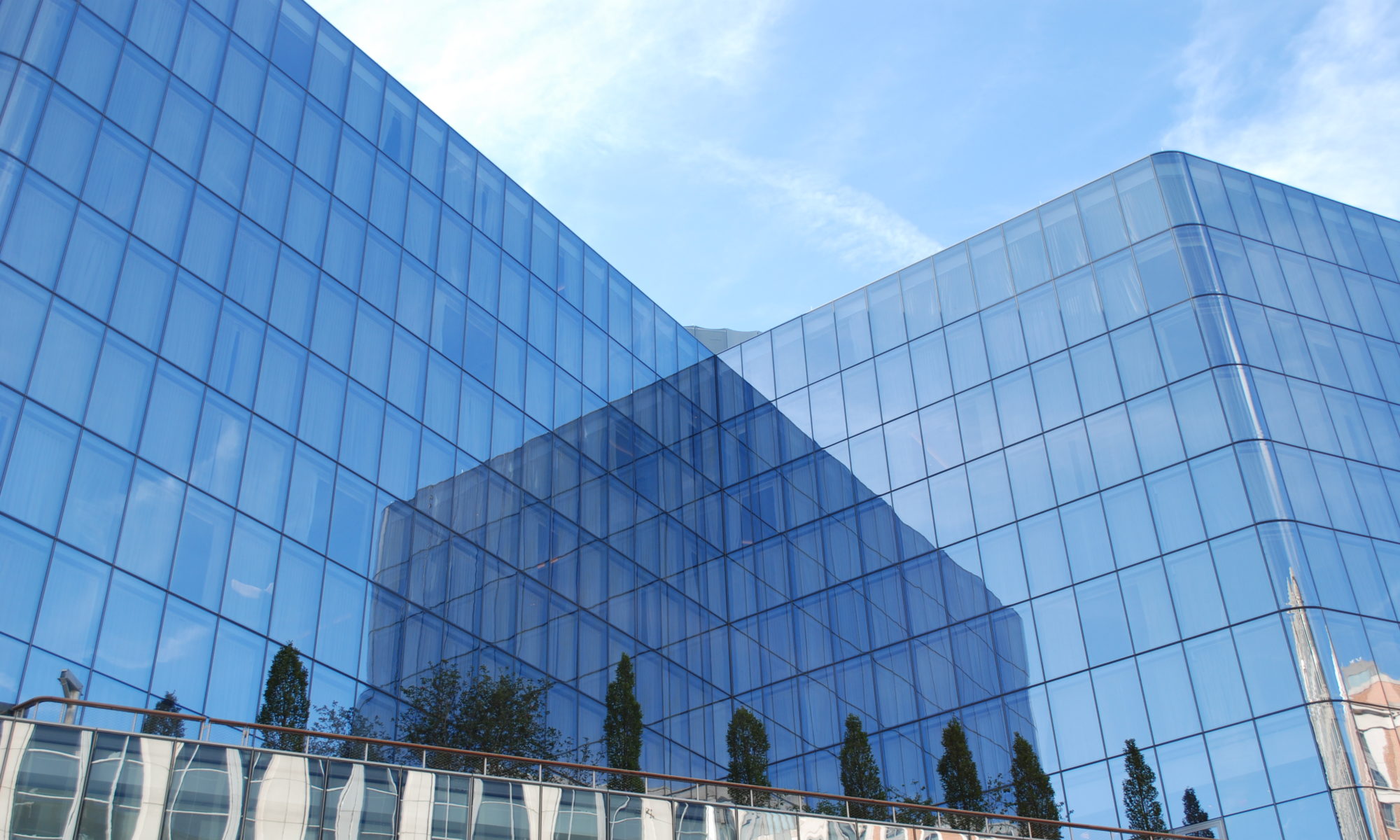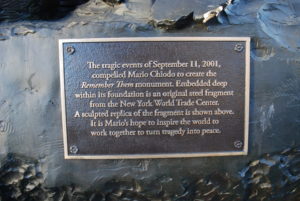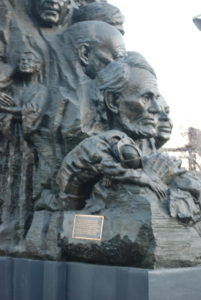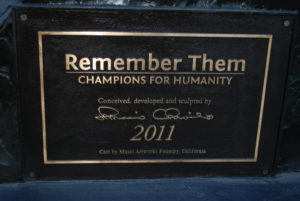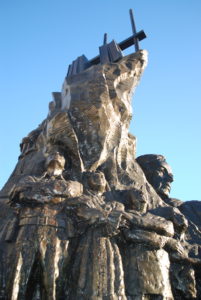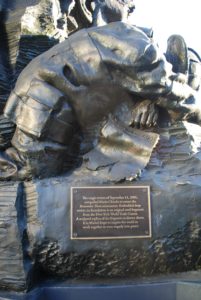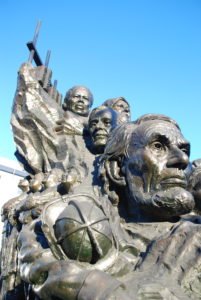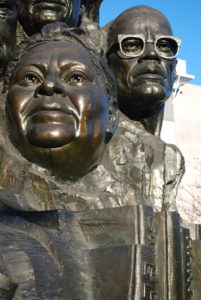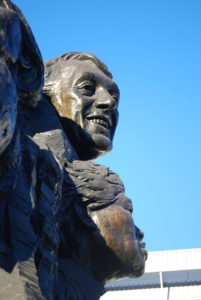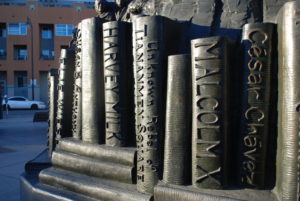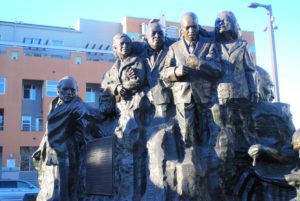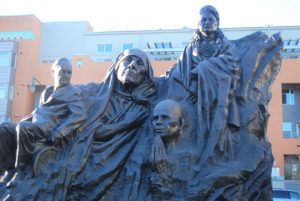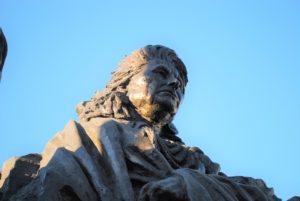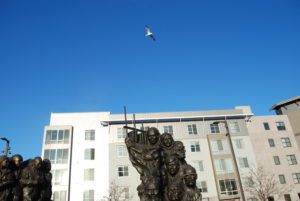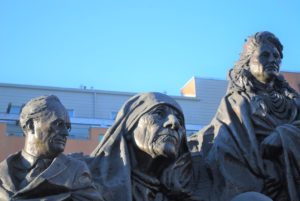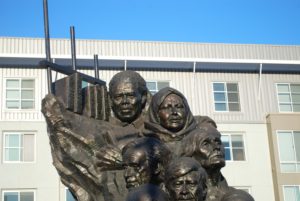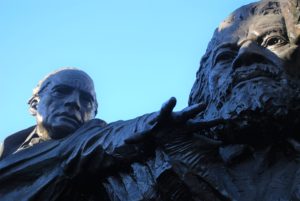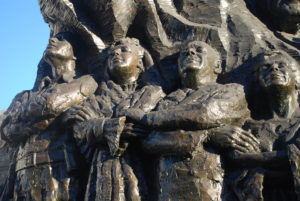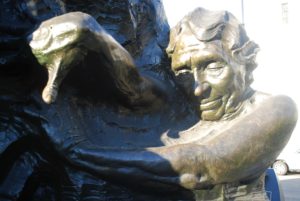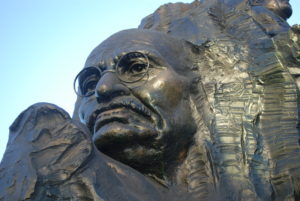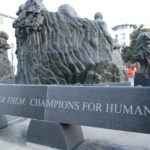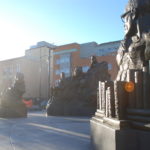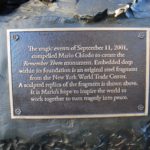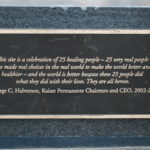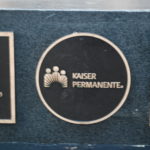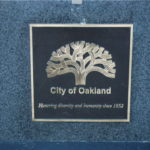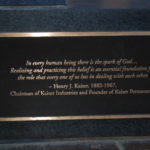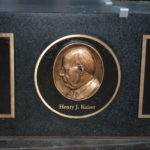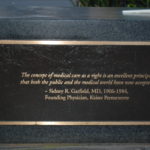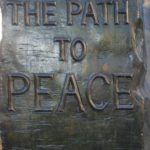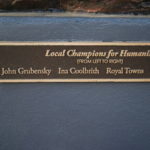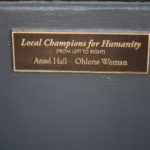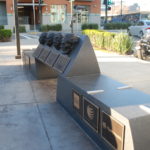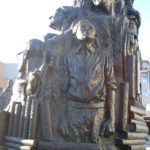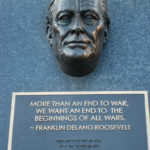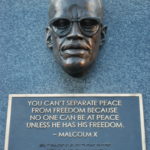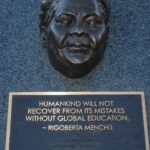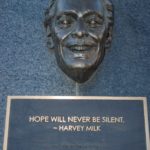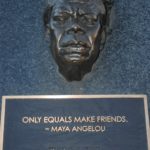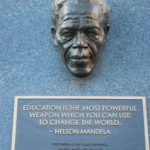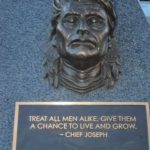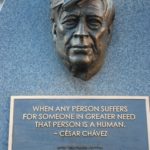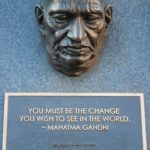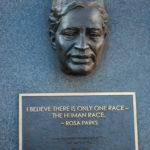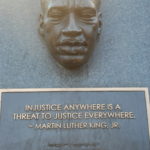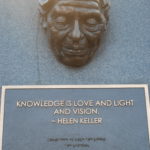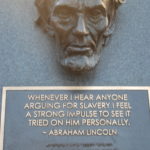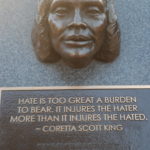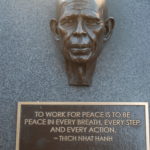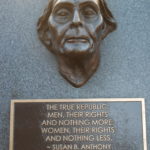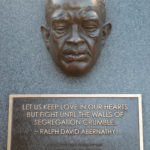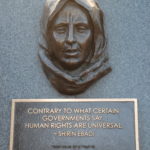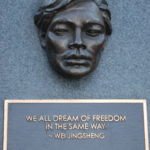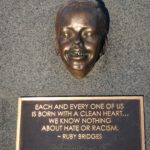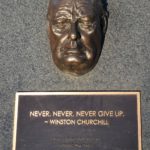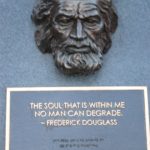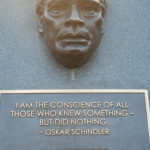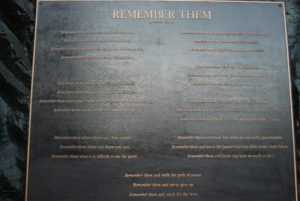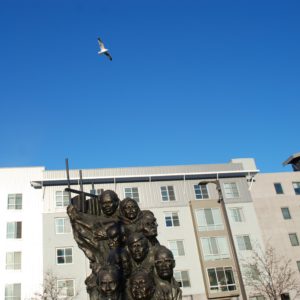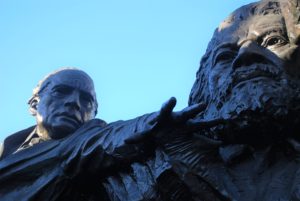We can not always choose our attitude – just smile and be happy – nutrient deficiencies can cause mood changes that are not going to change without getting the nutrients. Then the change to a better mood can happen rapidly sometimes, within 20 minutes for magnesium if needed.
Hunger, sleepiness, stress or anger, loneliness, all may interfere with mood or mood control. Patience is a virtue, and practice helps. So does a good night’s sleep. Low blood sugar can lead to irritability or poor concentration, so can poor sleep. Briefly resting can help recharge things towards a better mood, and sometimes a walk may help.
Nature or images of nature cam help sooth stress and walking was found more beneficial in natural surroundings than in urban settings for relieving stress.
Brighter lighting indoors can help mood if sunshine isn’t available. Sunshine helps our circadian cycle and helps make vitamin D, surprise also water soluble forms of vitamin A and D. Full spectrum lighting might be a good health and mood supplement during winter months.
Salt crystal lamps can help improve air quality for mood due to negative ions being released. These may also help improve air quality by helping remove odor particles or mold. When the salt is warmed it releases negative ions and possibly a little ozone, but not much based on sites selling other types of air cleaners. Ozone is safe if it is not in excessive amounts and it can also have a positive effect on mood.
The negative ions or ozone help air quality by clumping with air particles which causes them to drop from the air. Then just sweep it up.
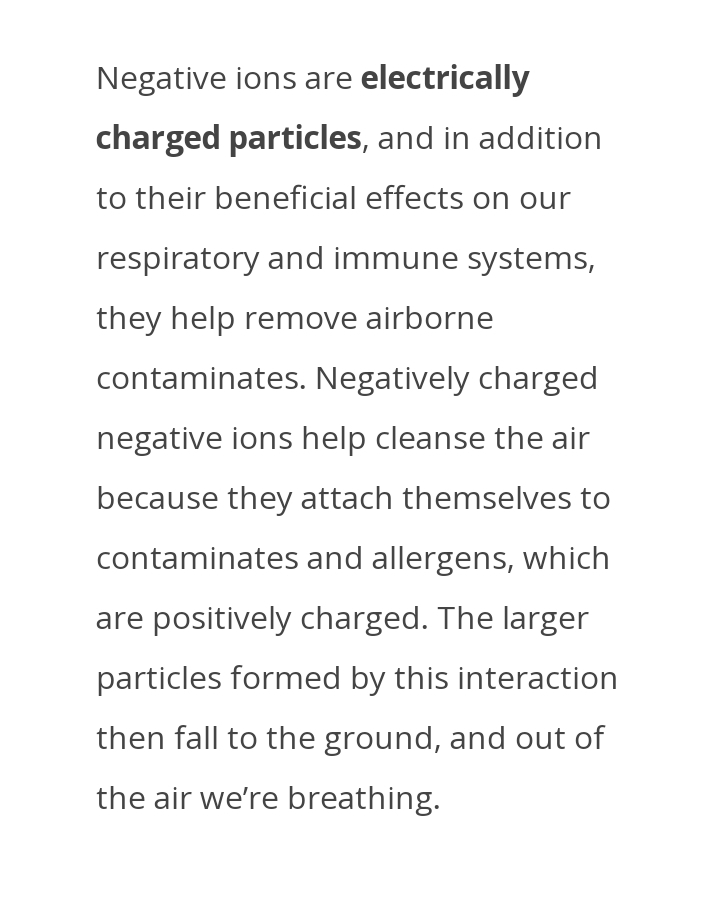
This helps with mold spores or odor particles or secondhand smoke chemicals and odor. Too much ozone can cause headaches, but the salt crystal doesn’t produce much, not compared to ozone producing air cleaners. The negative ions may build up, so leaving the lamp warming all day may be more than you want. I do reach a point where I want to turn off the lamp after it had been on for hours.
The reddish glow may have health benefits as light therapy if other lights are turned off. In the evening having dimmer lighting can help the body adjust to getting ready for sleep. Bright screen blue light is too much like sunny day light and keeps our circadian cycle genes set to active awake mode. Blue light blocking glasses are available to wear for the last 3 hours before sleep time, to help the circadian cycle switch gears.
We need that to happen for growth and repair genes to be activated and the active awake, inflammatory functions are turned off for the night. The two systems share a protein, so they have to take turns. We can’t use both pathways at the same time if they both need the same assembly line machine.
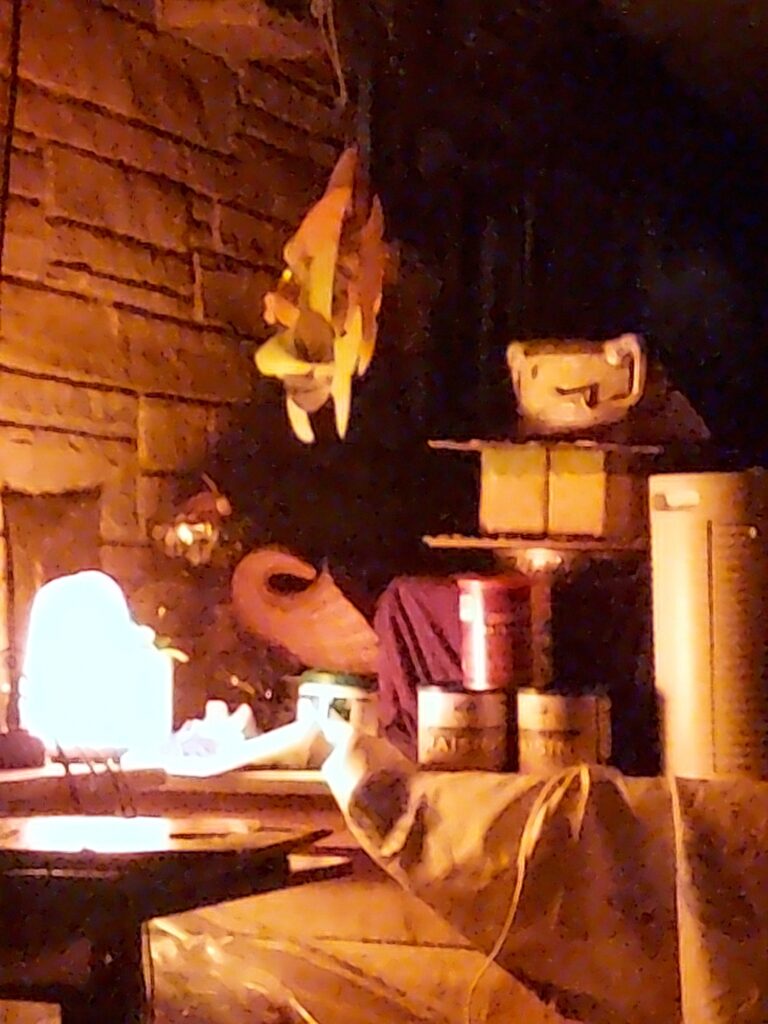
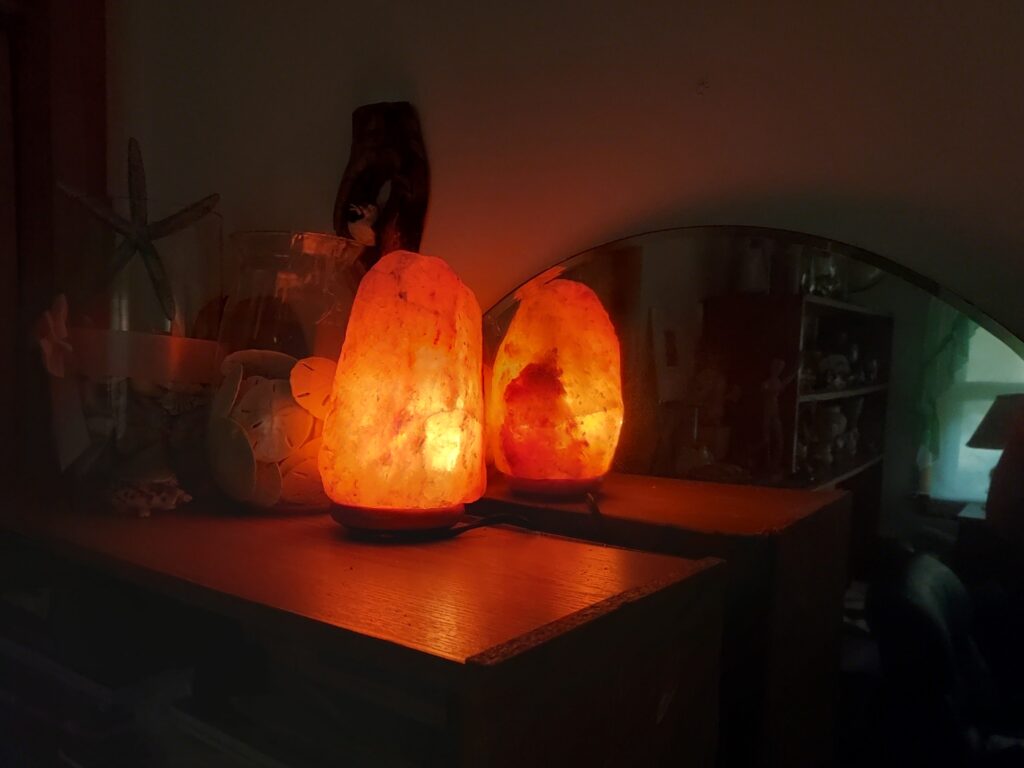
Joy can be practiced. The feeling of gratitude and connection to others or the planet can be a support when things are tough. Pausing to look for beauty, or snap an image, smell a flower, pet a friendly animal, all can be an island of joy in an otherwise busy day.

My site peace-is-happy.org is my art escape with posts that are generally shorter than are found on this site. It also has sustainable building information and biodiversity- peace is living within a community of friends, family, and wildlife. Peace is clean air, water, and food. Peace is shelter on a cold day, or a shady canopy on a sunny summer day. Peace is caring for oneself, and the community as an extention of oneself. Peace is lending a hand and accepting one when in need.
Peace is a warm puppy, or a comfortable baby. Hat-tip to Charles Schultz and his book “Love is a Warm Puppy.” The titles on the peace-is-happy.org site are based on his simple and beautiful little book.
Love is a soft blanket,
to surround oneself or others.
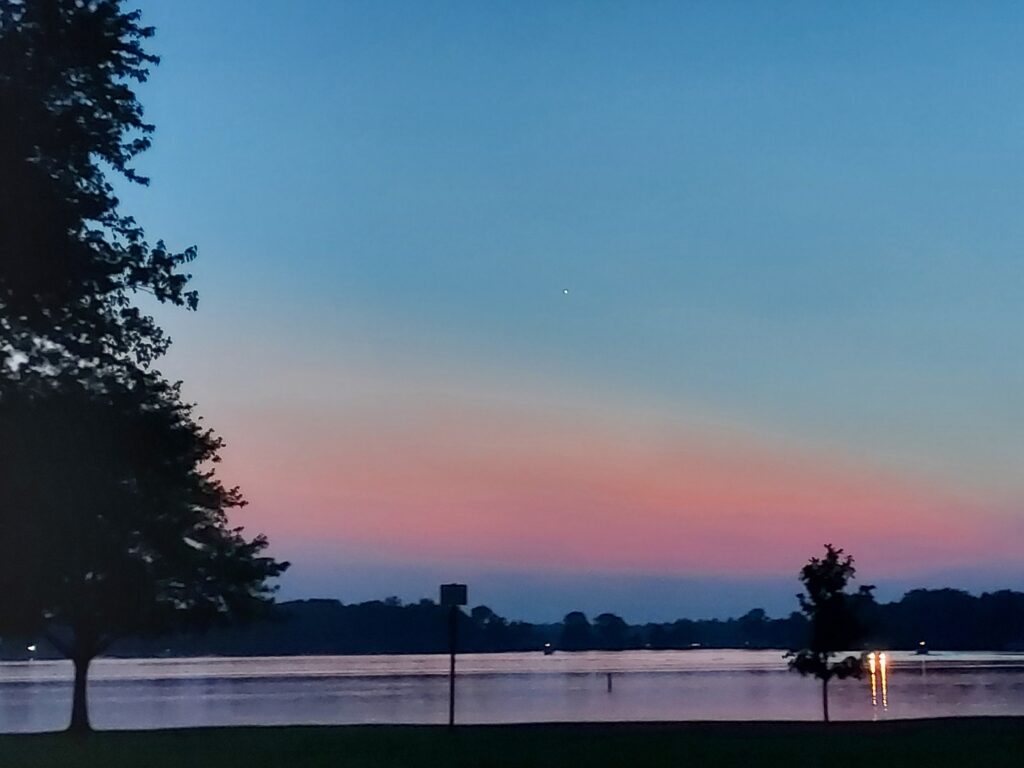
even when annoying or annoyed.
The peace-is-happy.org site has a page with links to a podcast series I did last year regarding our feelings or mood and what those feelings might mean. They may not mean anything beyond, you need a nap or a snack. Or they might mean the snack you had was not a great choice for your later mood. But in either case – might not mean that someone else was purposely trying to irritate you. You – might just be feeling irritable.
The podcast is called: How Are You Feeling? The webpage has links to the audio and to transcripts with references and occasionally additional information. https://www.peace-is-happy.org/how-are-you-feeling
Disclaimer: This information is being shared for educational purposes within the guidelines of Fair Use and are not intended to provide individual health care guidance. Please seek an individual health care provider for individualized health care guidance.
